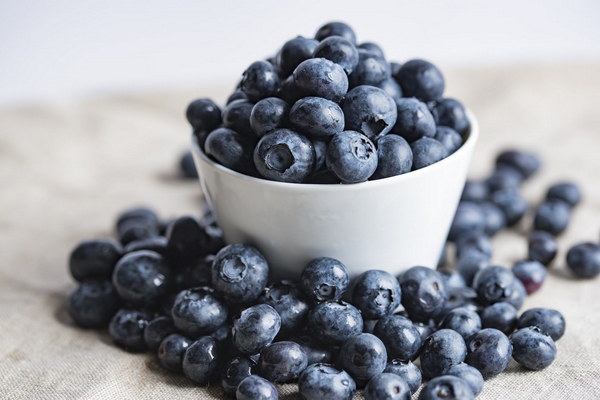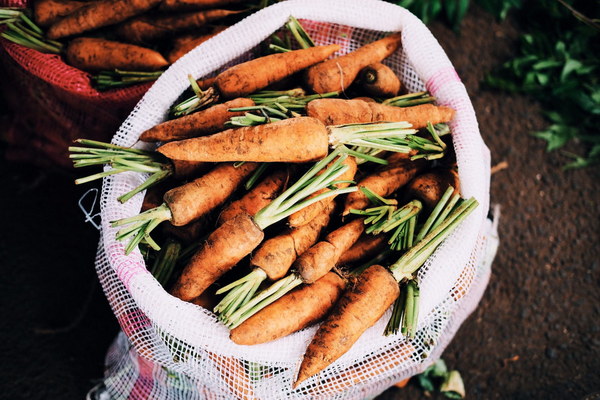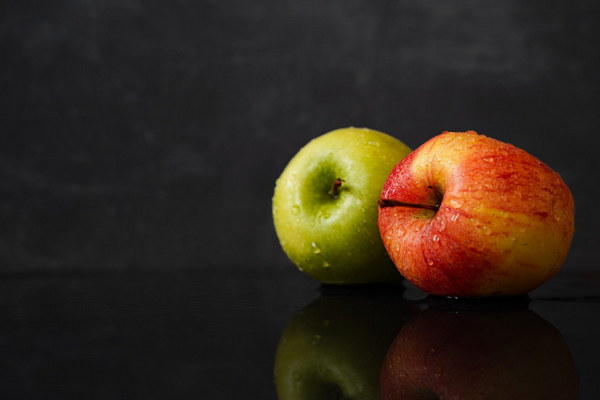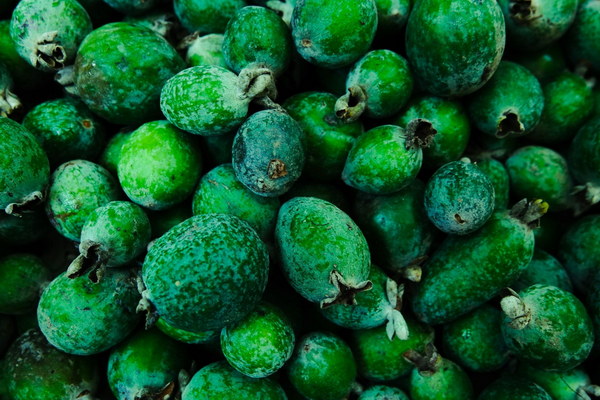Is Peach Gum a Traditional Chinese Medicine Exploring the Health Benefits and Culinary Uses
Is Peach Gum a Traditional Chinese Medicine? Exploring the Health Benefits and Culinary Uses
Peach gum, also known as peach kernel glue, has been a staple in Chinese cuisine and traditional medicine for centuries. But is this jelly-like substance more than just a sweet treat? Could it be considered a form of traditional Chinese medicine (TCM)? Let's delve into the history, health benefits, and culinary applications of peach gum to find out.
Historical Perspective
The use of peach gum dates back to ancient China, where it was prized for its unique texture and supposed health properties. It is believed that the first mention of peach gum can be traced back to the Shang Dynasty, over 3,000 years ago. Over time, it has been used in a variety of dishes, from desserts to medicinal remedies.
Health Benefits of Peach Gum
Peach gum is not just a delightful treat; it also offers a range of health benefits. Here are some of the most notable ones:
1. Digestive Health: Peach gum is rich in dietary fiber, which helps to promote regular bowel movements and improve digestive health. It can be particularly beneficial for those suffering from constipation.

2. Skin Health: Traditional Chinese medicine attributes peach gum with skin-soothing properties. It is often used in skincare recipes to help nourish and moisturize the skin.
3. Weight Management: The high fiber content in peach gum can help you feel fuller for longer, making it a great addition to weight management diets.
4. Heart Health: The fiber in peach gum can also help to lower cholesterol levels and reduce the risk of heart disease.
5. Anti-inflammatory: Some studies suggest that peach gum has anti-inflammatory properties, which can be beneficial for those with inflammatory conditions.
Culinary Uses of Peach Gum
Peach gum has a delightful jelly-like texture that makes it an excellent ingredient in a variety of dishes. Here are a few culinary ideas:
1. Desserts: Peach gum is a popular ingredient in desserts, such as peach jelly, mooncakes, and even in some types of Chinese rice pudding.
2. Beverages: It can be used to add a unique flavor and texture to teas and smoothies.
3. Salads: A sprinkle of peach gum can add a delightful crunch to fruit salads and other cold dishes.
4. Confections: Peach gum is often used in the production of candies and confections, thanks to its sweet and chewy nature.
Is Peach Gum a Traditional Chinese Medicine?
While peach gum is not traditionally classified as a medicine in the same way as herbs or other plant-based remedies, it does have a long-standing reputation in Chinese culture for its health benefits. It is often used in TCM as an adjuvant to other treatments, particularly for skincare and digestive issues.
In conclusion, while peach gum may not be a traditional Chinese medicine in the strictest sense, its health benefits and versatile culinary uses have earned it a special place in Chinese culture. Whether you're looking to improve your digestion, nourish your skin, or simply enjoy a delicious treat, peach gum is certainly worth exploring.









